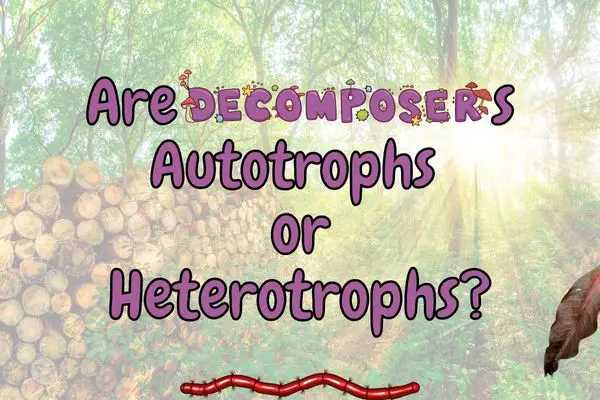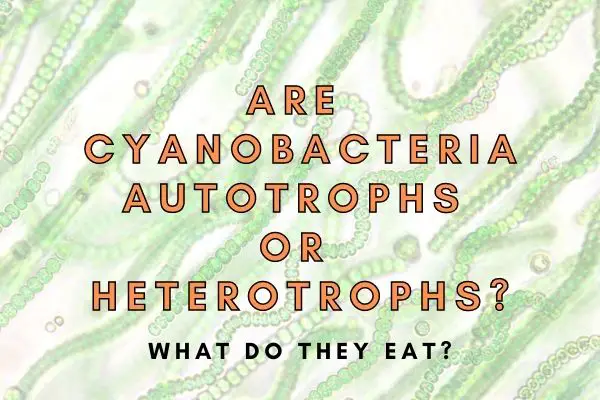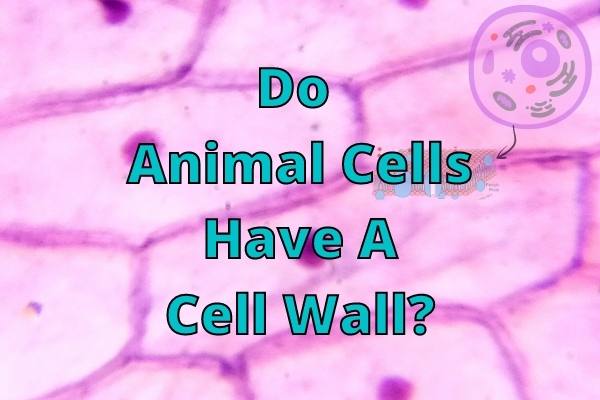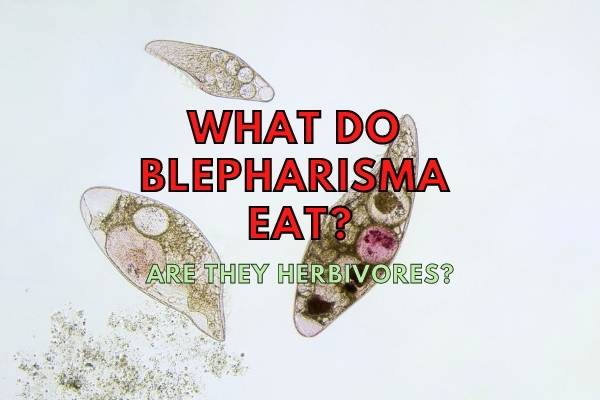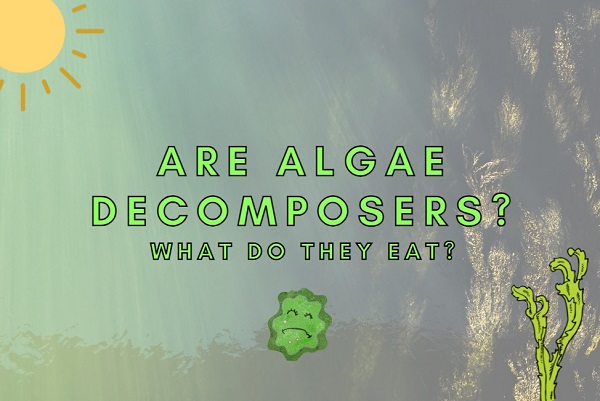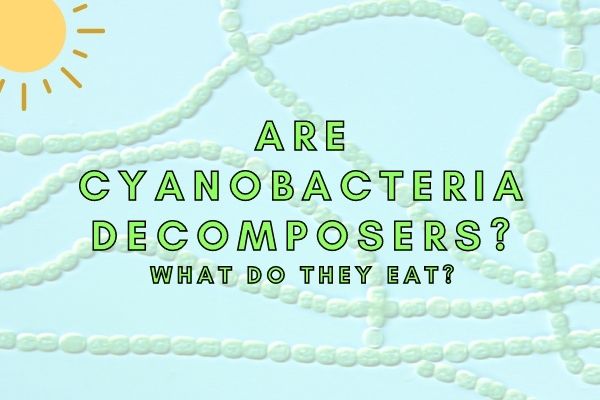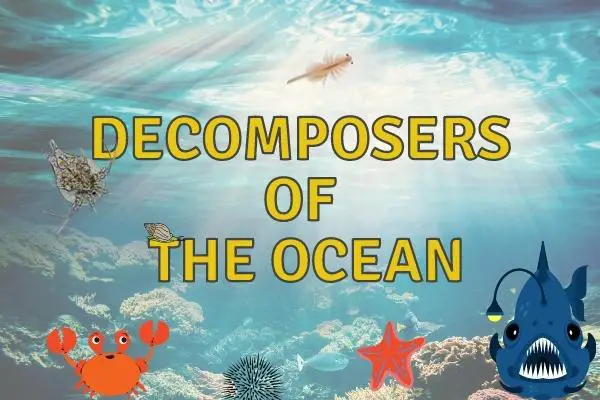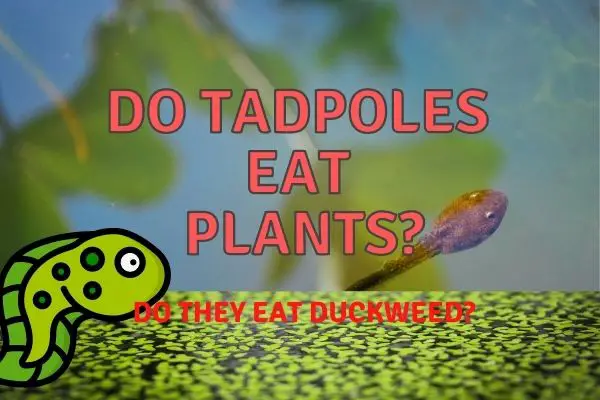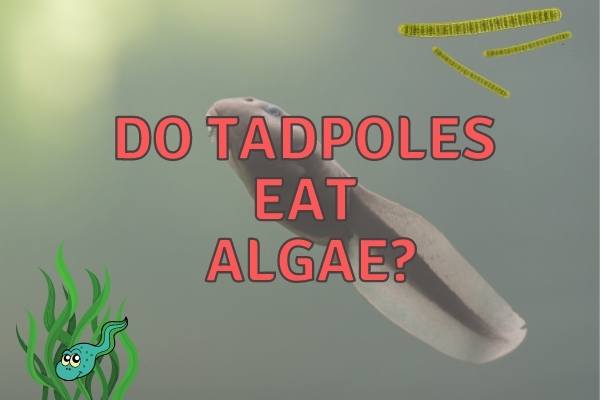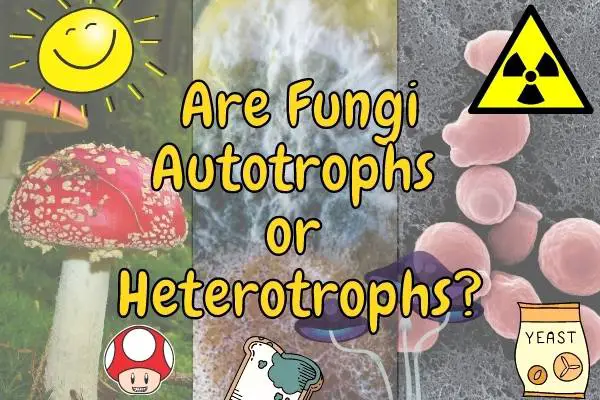Are Decomposers Autotrophs or Heterotrophs? (Answered!)
Decomposers are heterotrophs because they feed on the organic waste from other organisms. Heterotrophs feed on other organisms, while autotrophs produce their own food through photosynthesis or chemosynthesis. While all decomposers are heterotrophs, certain autotrophs play an important role in the decomposition process by converting decomposed nutrients into compounds that can be absorbed by plants.…

